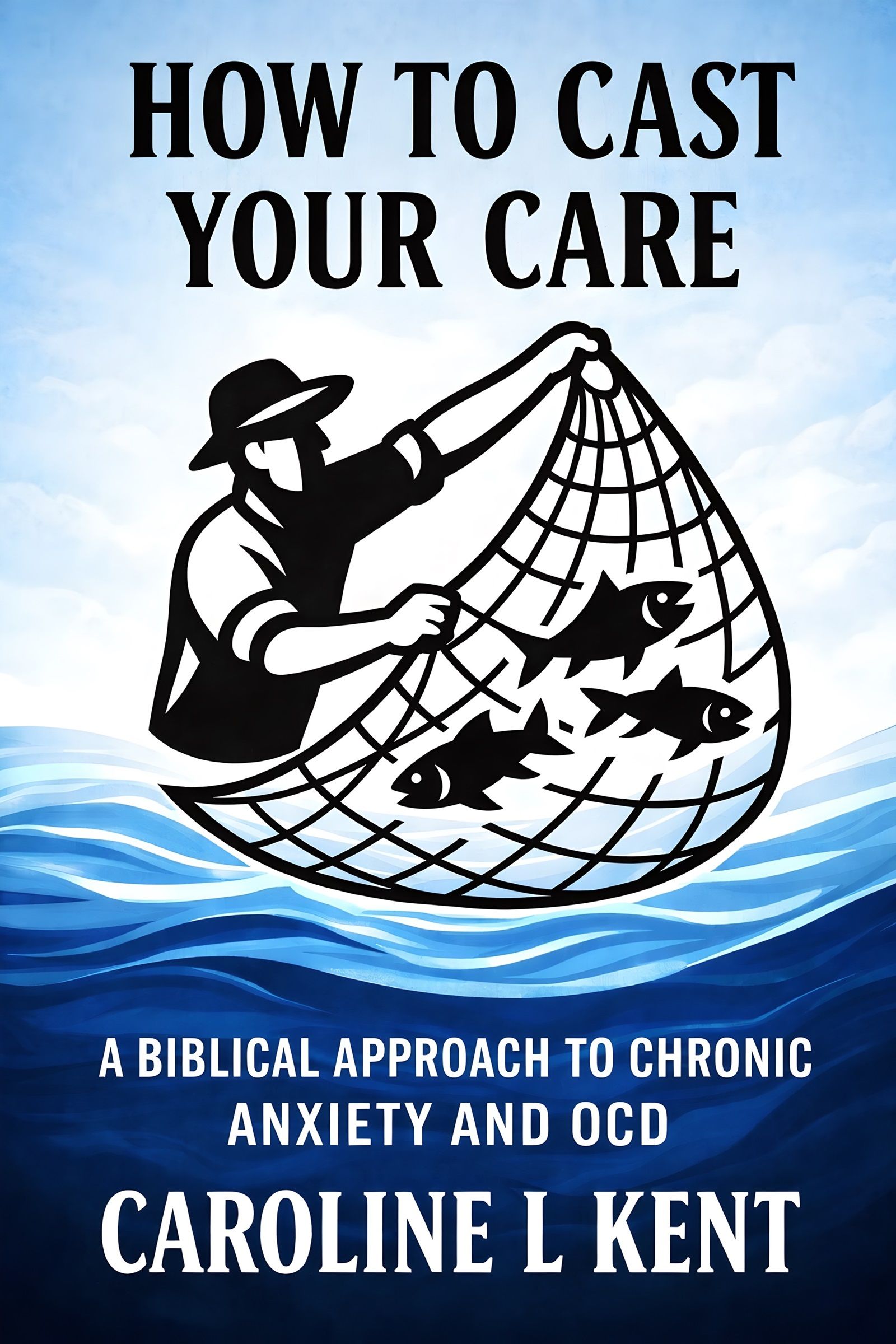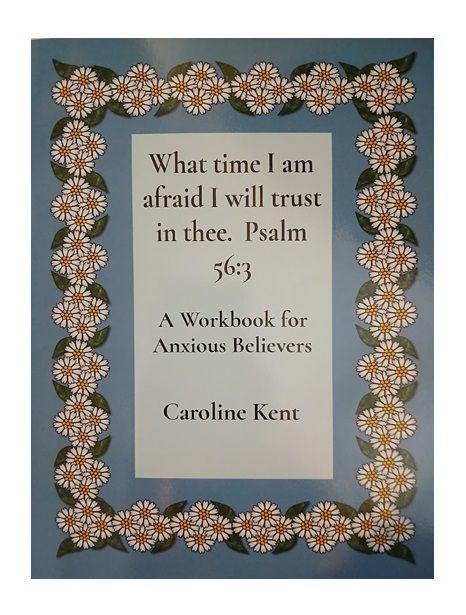A Godly Marriage 2
A Reflection of the Trinity

The concept of the godly marriage reflecting the Trinity arises from the biblical understanding of unity and diversity in relationships, grounded in the nature of God as revealed in Scripture. The Trinity, as one essence and three distinct persons—Father, Son, and Holy Spirit—offers a profound model for understanding the relational dynamics within a Christian marriage. Let us consider the theological and practical implications of this parallel.
The Unity of Essence in Marriage
The Trinity is united in essence, sharing the same divine nature, purpose, and will. In marriage, this unity is echoed as husband and wife become "one flesh" (Genesis 2:24). This union reflects a deep bond, not only physically, but spiritually and emotionally. Just as the three persons of the Godhead operate in perfect harmony, so a godly marriage should strive for unity in purpose, values, and devotion to God. This unity does not obliterate individuality; rather, it enhances the distinct roles and personalities of each spouse, bound together by their shared covenantal love.
"Communion with God is the soul of all our privileges, and the foundation of all our duties. It is a living and active communion, in which the Father, Son, and Spirit each communicates His love unto us distinctly, and in which we return distinct love and worship unto each person." John Owen - 'Communion with God'.
The Distinction of Persons
The Trinity is one essence, yet the Father, Son, and Holy Spirit have distinct roles. The Father sends the Son (John 3:16), the Son accomplishes redemption (John 19:30), and the Spirit applies it to believers (John 14:26). Similarly, in marriage, the husband and wife have distinct roles as outlined in Scripture. The husband is called to lead in sacrificial love, as Christ loves the church (Ephesians 5:25), while the wife is called to submit as the church submits to Christ (Ephesians 5:22-24). These roles are complementary, designed to work in harmony, reflecting the relational beauty and order within the Trinity.
Mutual Love and Submission
In the Trinity, there is mutual love and honour among the persons. The Son willingly submits to the Father (John 6:38), and the Spirit glorifies the Son (John 16:14). This dynamic of love and submission is echoed in marriage, where mutual respect and self-sacrifice are paramount. Paul exhorts spouses to "submit to one another out of reverence for Christ" (Ephesians 5:21). This mutual submission does not negate headship or authority but frames it within the context of self-giving love, mirroring the love and deference within the Godhead.
"The woman was made of a rib out of the side of Adam; not made out of his head to rule over him, nor out of his feet to be trampled upon by him, but out of his side to be equal with him, under his arm to be protected, and near his heart to be beloved." Matthew Henry - Commentary on Genesis 2:22
The Reflection of God’s Image
Marriage was instituted by God to reflect His image (Genesis 1:27-28). Just as the Trinity demonstrates unity in diversity, so a Christian marriage showcases how two distinct individuals can be united in a way that glorifies God. This unity becomes a living testimony of God’s covenantal faithfulness and relational nature, making marriage a visible representation of divine truths.
Practical Applications
- Pursuing Unity: Spouses should intentionally seek to grow in spiritual and emotional oneness, grounding their relationship in prayer, Scripture, and shared worship.
- Honouring Distinction: Recognising and respecting each other's God-given roles fosters harmony, avoiding the pitfalls of rivalry or imbalance.
- Practising Mutual Submission: A marriage grounded in Christ’s sacrificial love will reflect the humility and grace seen within the Trinity.
- Witnessing to the World: A godly marriage serves as a beacon, illustrating the gospel to others by demonstrating the relational beauty of unity and diversity.
Challenges and Grace
While the Trinity is a perfect model, human marriage involves imperfect people. Sin often disrupts unity and distorts roles. Yet, the gospel offers hope, as the grace of Christ restores brokenness and empowers couples to reflect God’s design more faithfully. Through sanctification, the Holy Spirit enables us to mirror the love and unity of the Triune God.
Conclusion
A godly marriage as an echo of the Trinity is a profound mystery that reveals the relational nature of God. While marriage is not identical to the Trinity, it draws upon the principles of unity, diversity, and sacrificial love exemplified in the Godhead. As we strive to live out these truths, we glorify the Triune God, pointing others to His eternal love and perfect fellowship.








